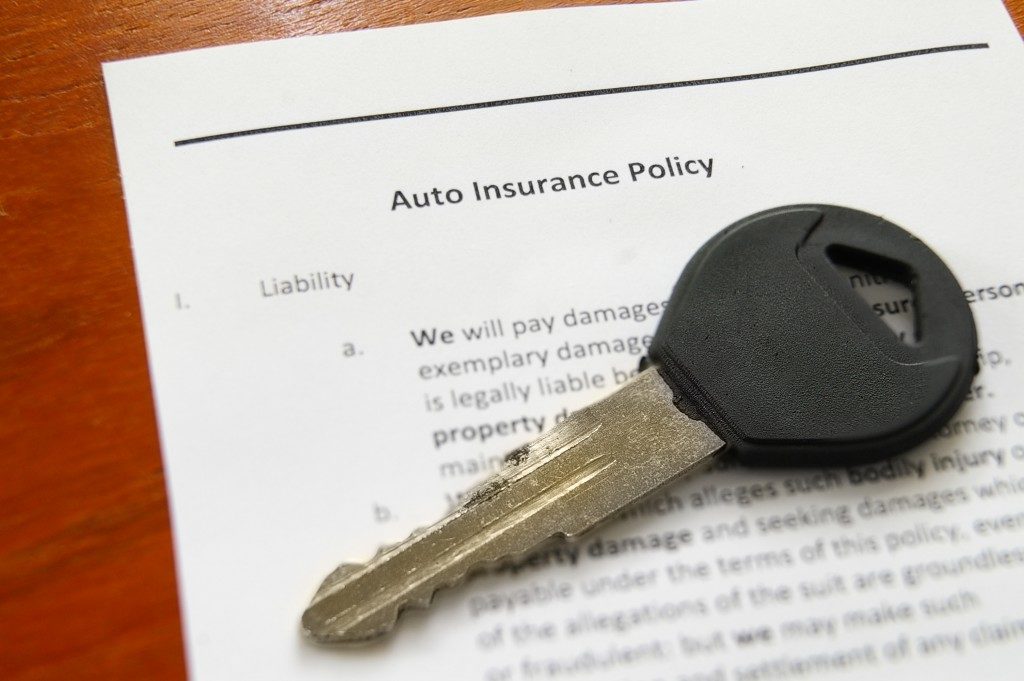The majority of the civilized world, despite being entrenched in technology today more than ever, hardly cares when a hacker group decides to infiltrate an obscure company from who-knows-where. It’s a paradox, really, that a large group of people care and rely so much on gadgets and online services and then turn a blind eye when those very same things are being attacked. Really, there is much to do about educating the world about how the digital world is interconnected. But, for now, in the midst of the massive boom in smartphone and computer sales and people being more dependent on apps, ransomware groups are doing their best imitation of ninjas and doing their damage in silence.
If you’ve tuned in to the news during the last few months, which during the quarantine you’d be hard-pressed not to, you’d know about the attack on the meat packer JBS SA. Workers lost their jobs temporarily, a lot of cows got to live a few more days, and a large sum of ransom was paid. But if you’re the technical sort, you’d have focused on a few things: this attack follows a trend of large-scale cyber attacks that was happening during the pandemic, it most likely came from a Russia-based group, and that the world could come to a full-blown halt with the perfect hack.
The cold hard truth is that no one is safe. Individuals and businesses, personal and professional groups, if you’re online, you’re using something that can be exploited. It could be your router, your routine when going online, an infrastructure you’re using, or even a self-built network.

Protecting Your Digital Valuables
At one point, storing something online was a secure move. Your password protected everything – your money, your diary, or some other digital valuable. But, as in real life, people with bad intentions will always catch up. Now, you can’t go anywhere without the threat of your data being stolen or your savings being swiped away from you looming over your head. Even then, you can’t exactly take yourself offline, especially if you’re a business.
There are ways to protect your assets from prying eyes, and many of them don’t even cost a thing. Skimming through user agreements, not allowing cookies on most sites you visit, and only using verified software are just three out of the innumerable steps you can take to avoid being part of an attack.
If it’s about your local data, media and documents, and the like, you could benefit the most from LTO backup services and other offsite or nearline storage. Simply put, going to a provider who can put a wall between your data and malicious attacks is a very secure way of protecting your stuff.
Big Attacks Warrant Big Attention
These cyberattacks wouldn’t have made such a big splash on all the biggest news sources if they were simple. The media likes it big, and there’s no bigger news than the ones that make us think twice about our security.
Ransomware attacks are deployed not on the surface of the Internet, where Google, Facebook, Apple, and the like exist, but beneath the surface. Why attack supermarket chains when you can go after the meat supplier who has a vulnerability in their system? Why go after gas stations when you can go to the source and hack the company that owns the oil pipelines? There’s always a weak link if you know where to look, and these ransomware gangs have their eyes on all the time for anything they can exploit.
But if there’s any good thing to have come out from all these attacks is that we have to do better when it comes to our security. As individuals, you can only do so much to protect yourself from those who wish to steal from you. It could be good enough that you keep yourself protected from widespread attacks.
For businesses, however, it’s a whole different ball game. Not only do they have to go toe-to-toe with the most ingenious hackers in the world, but they also have to remain ahead of the curve. Whether we’re talking about Fastly, Akamai, or other foundational service providers on the Internet or your local dispensary, being wary should be your default option.
The world has already created a digital world where someone can fully exist. In that world, someone will create another world, and another will come up with a new way to live. Deeper and deeper, we go into the digital rabbit hole. But before we lose ourselves in these new segments of the Internet, it’s best to safeguard ourselves and our assets.



